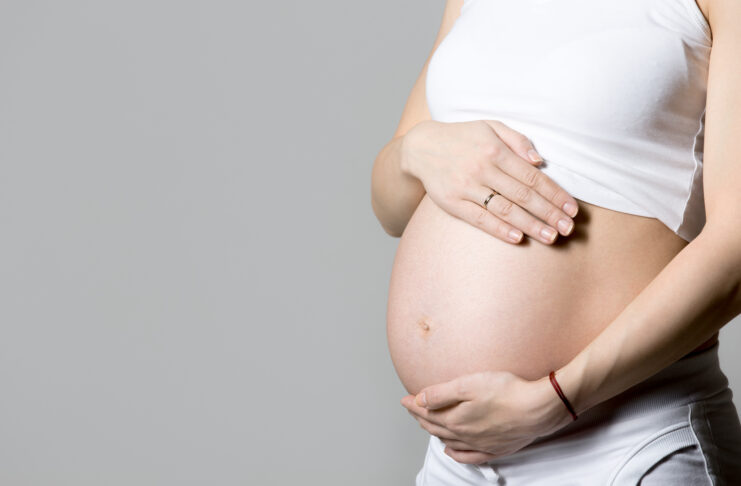A woman’s life undergoes delicate and profound changes throughout pregnancy. The mother and the developing child may be greatly impacted by the dietary decisions made during this time. To guarantee a healthy pregnancy, it is important to concentrate on eating a well-balanced and nutritious diet; yet, there are some items that should be avoided. Here are the top six items to avoid at this vital time:
Undercooked or Raw Seafood:
Omega-3 fatty acids, for example, are an important component for the development of the baby’s brain and eyes and can be found in seafood. However, due to the possibility of infection with dangerous germs and parasites like salmonella and listeria, pregnant women should stay away from raw or undercooked fish. Foodborne infections caused by these bacteria may have serious repercussions for the pregnant woman as well as the unborn child. Rather, choose thoroughly cooked seafood to minimize the possibility of infection while still enjoying the health advantages.
Fish with High Mercury:
High concentrations of mercury, a hazardous element that can impair the growing fetus’s nervous system, are found in some fish species. Predatory fish should be avoided during pregnancy in particular since they are known to have high levels of mercury, including shark, swordfish, king mackerel, and tilefish. The rationale is that over time, mercury can build up in the blood and cause possible problems for the baby’s growth. Alternatively, go for low-mercury foods like catfish, shrimp, and salmon, which still supply you the necessary nutrients without the hazards.
Raw Milk and Dairy Products:
In addition to seafood, there is a chance that unpasteurized dairy goods, like some cheeses and milk, contain dangerous germs like Listeria monocytogenes. Pregnancy-related listeria infections can result in miscarriage, early birth, or serious health problems for the unborn child. Pregnant women should choose pasteurized dairy products as they have undergone a process that destroys harmful germs while retaining their nutritional content, so minimizing this risk.
Uncooked or underdone eggs:
In a similar vein, eating raw or undercooked eggs increases your chance of contracting salmonella. Therefore, in order to get rid of any possibly dangerous bacteria, they should be boiled properly. Steer clear of foods like homemade Caesar salad dressing, mayonnaise, and uncooked cookie dough that include raw or partially cooked eggs. To lower the risk of foodborne infections, choose fully cooked eggs for boiled, scrambled, or fully cooked eggs in recipes.
Too Much Caffeine:
Although moderate caffeine use is generally seen as safe during pregnancy, high caffeine intake has been linked to a higher risk of miscarriage and preterm birth. Also, it may interfere with sleep, leading to pregnant insomnia. As a result, it is advised that expectant mothers keep their daily caffeine intake to 200 mg, or roughly one 12-ounce cup of coffee.
Furthermore, be aware of other caffeine-containing beverages and foods, like tea, soda, and some pharmaceuticals. When possible, choose decaffeinated options; also, speak with a healthcare professional to ascertain the proper amount of caffeine for your particular situation.
Raw and Processed Sprouts:
Additionally, mung bean, clover, and alfalfa sprouts are among the sprouts that are frequently linked to foodborne infections. This is due to the fact that the warm, humid conditions needed for sprouting are also perfect for bacteria, such as Salmonella and E. coli, to thrive quickly. Because of this, pregnant women should steer clear of raw sprouts and instead choose fully cooked options to lower the chance of bacterial infection.
In summary, making educated eating decisions throughout pregnancy is essential for the health and development of the unborn child. Although avoiding these six items is advised, it’s also critical to concentrate on eating a diet that is varied and well-balanced. In this sense, speaking with a medical professional or a qualified dietitian can offer tailored advice depending on dietary choices and specific medical issues.

